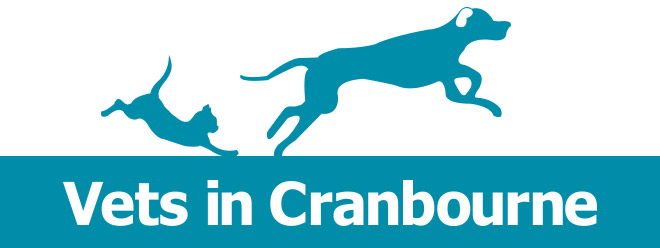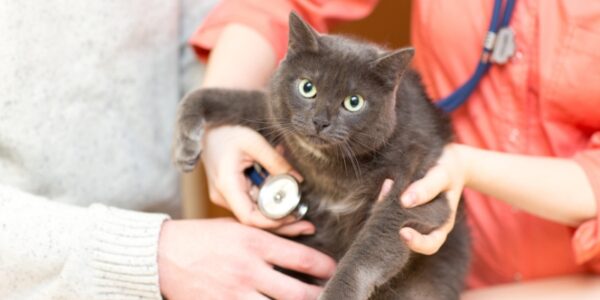Did you realise that 80% of dogs are quietly enduring painful dental disease? At Vets In Cranbourne, we are experts in providing comprehensive dental care to maintain your canine friend’s oral health. Our skilled team offers everything from regular cleanings to dental procedures, ensuring your beloved pet can enjoy a joyful, healthy life free from dental pain.
Signs of dental disease in dogs include:
- Inflamed gums (gingivitis)
- Bad breath caused by bacteria in the mouth
- Discoloured teeth
- Loose teeth
- Excessive drooling
- Reluctant to eat hard food or chew
- Facial swelling
- Changes in behaviour (aggression, disrupted sleep patterns)
So, how can I care for my dog’s dental health?
1. Daily Chewing
Encourage your dog to chew daily for at least 5 minutes to help clean their teeth mechanically. Options include dental diets, specially designed chews, raw hides, and pigs’ ears.
2. Avoid Bones
Do not feed your dog bones. Cooked bones can splinter and cause serious internal damage, while raw bones can lead to pancreatitis or digestive issues.
3. Dental Diets
Hills Science Diet T/D is recommended for daily use as part of your dog’s diet. It’s designed to reduce tartar and calculus buildup.
4. Tooth Brushing and Mouth Rinses
Brushing your dog’s teeth, especially from a young age, is the best preventive measure for dental disease. Use dog-specific toothpaste and soft brushes. Antibacterial mouth rinses are also recommended to reduce bacteria that cause bad breath and periodontal disease.
5. Plaque Off and Water Additives
Plaque Off, a seaweed-based powder, helps prevent plaque buildup when added to your dog’s food. Water additives can also help neutralise bacteria growth in your dog’s mouth, but always provide fresh water alongside.
6. Veterinary Dental Cleaning
Regular professional dental cleanings by a vet can prevent irreversible dental disease and tooth loss, and remove infected or damaged teeth that cause pain. As part of your dog’s regular health assessments provided at Vets on Parker, your vet may recommend a professional dental scale and polish to:
- Prevent the onset of irreversible dental disease and tooth loss; and
- To extract infected and damaged teeth that might be causing your dog pain
Vets in Cranbourne utilise advanced ultrasonic cleaning equipment, and other facilities to provide the best dental care for your dog. After an ultrasonic clean is performed, the team at Vets in Cranbourne will formulate a dental care plan tailored to your dog’s needs.
FAQs
Cleaning your dog’s teeth (along with a dental examination to assess the roots of the teeth) can only be safely done while your dog is under anaesthesia. This is to prevent stress and fear during the procedure. General anaesthesia is required to ensure the teeth are thoroughly cleaned.
Dental disease in dogs is assessed on a scale of 0 to 4, and the cost of cleaning their teeth depends on the extent of tartar buildup, gum disease, and the number of teeth requiring extraction.
Book an appointment with one of our vets to get an accurate estimate for your dog’s dental care.
Regular dental cleanings are crucial for maintaining your dog’s oral health. How often they are performed depends on factors such as age, breed, and existing dental conditions.
Six monthly dental checks and daily home care are recommended for maintaining oral hygiene. Most dogs need a dental clean at least every few years, depending on how well they respond to the home care.
If your dog has a broken tooth, seek veterinary care immediately. Broken teeth can be painful and may lead to infection if left untreated. Contact Vets in Cranbourne to schedule an examination.




